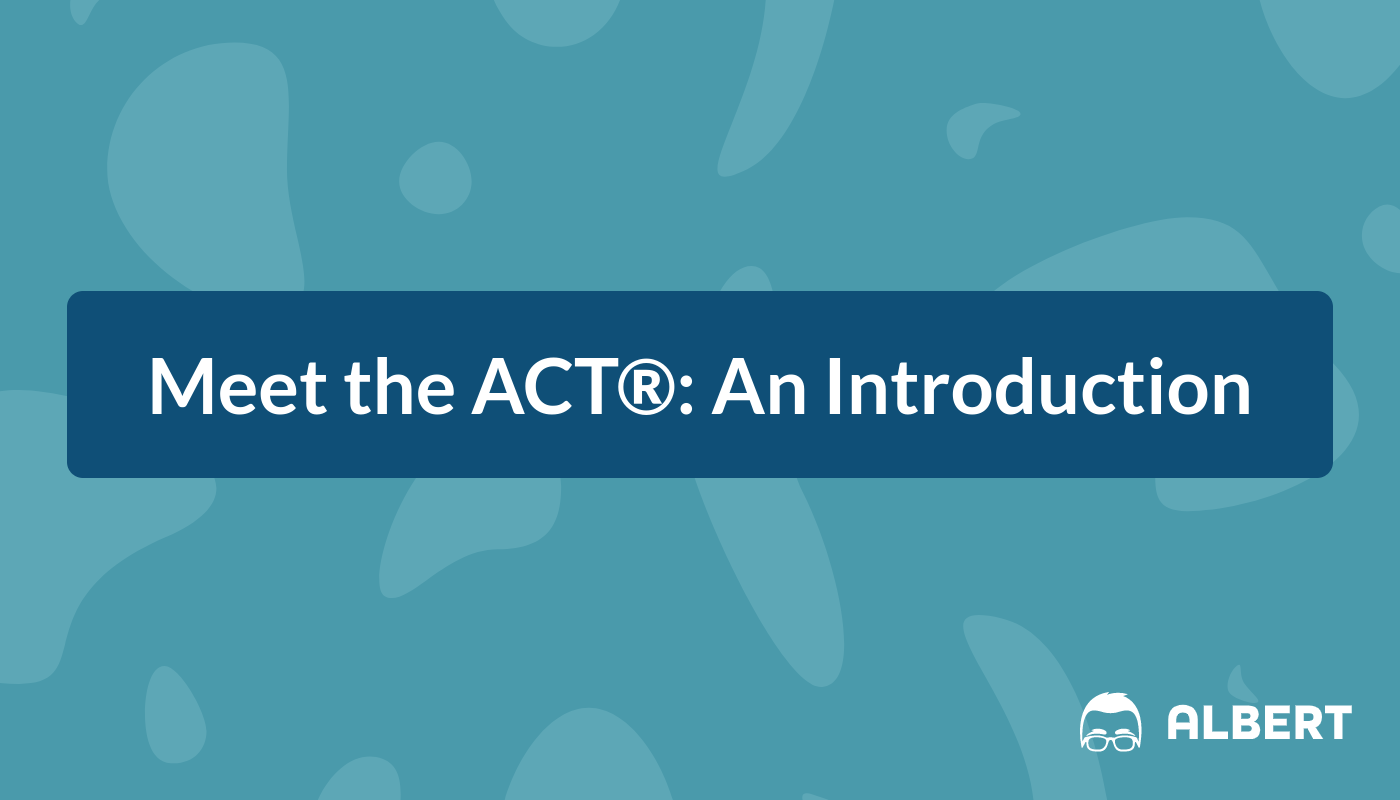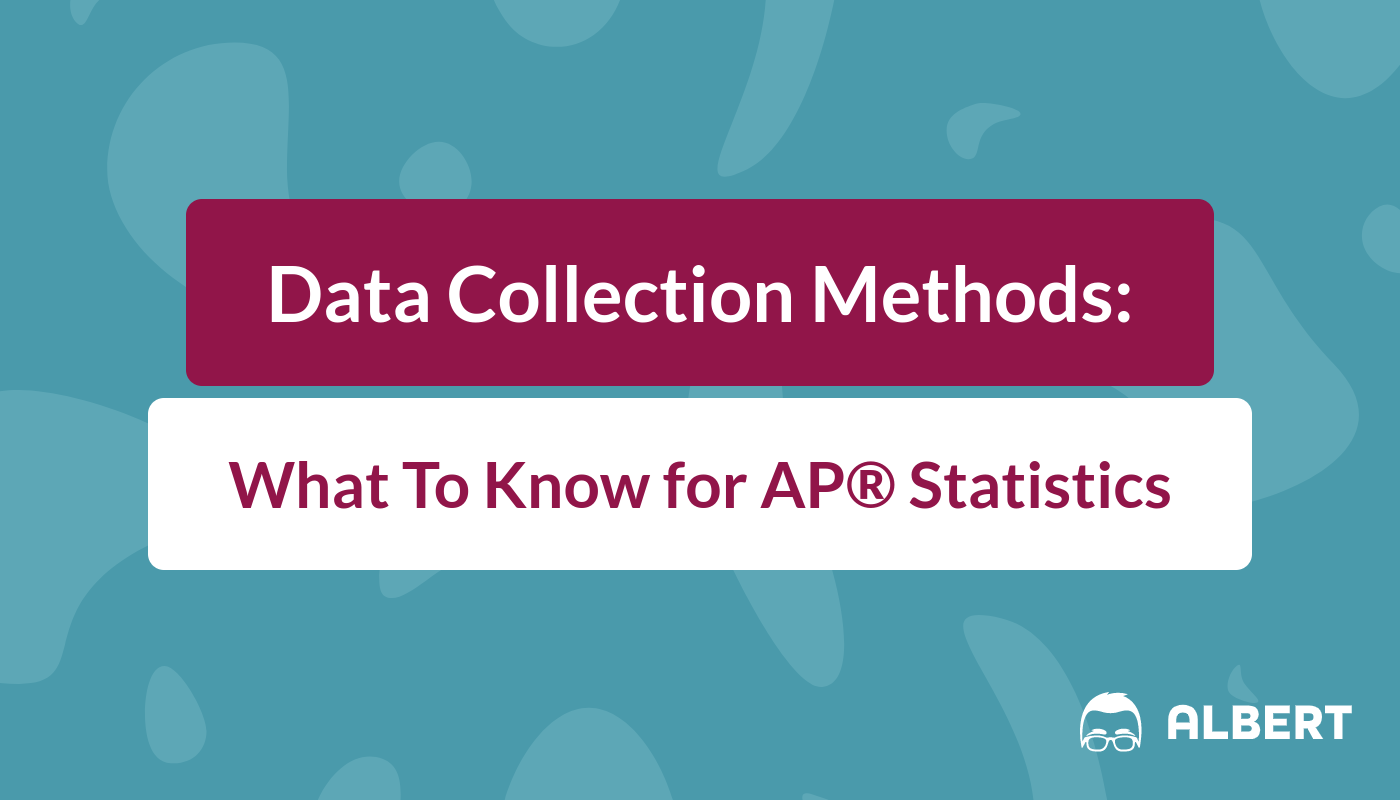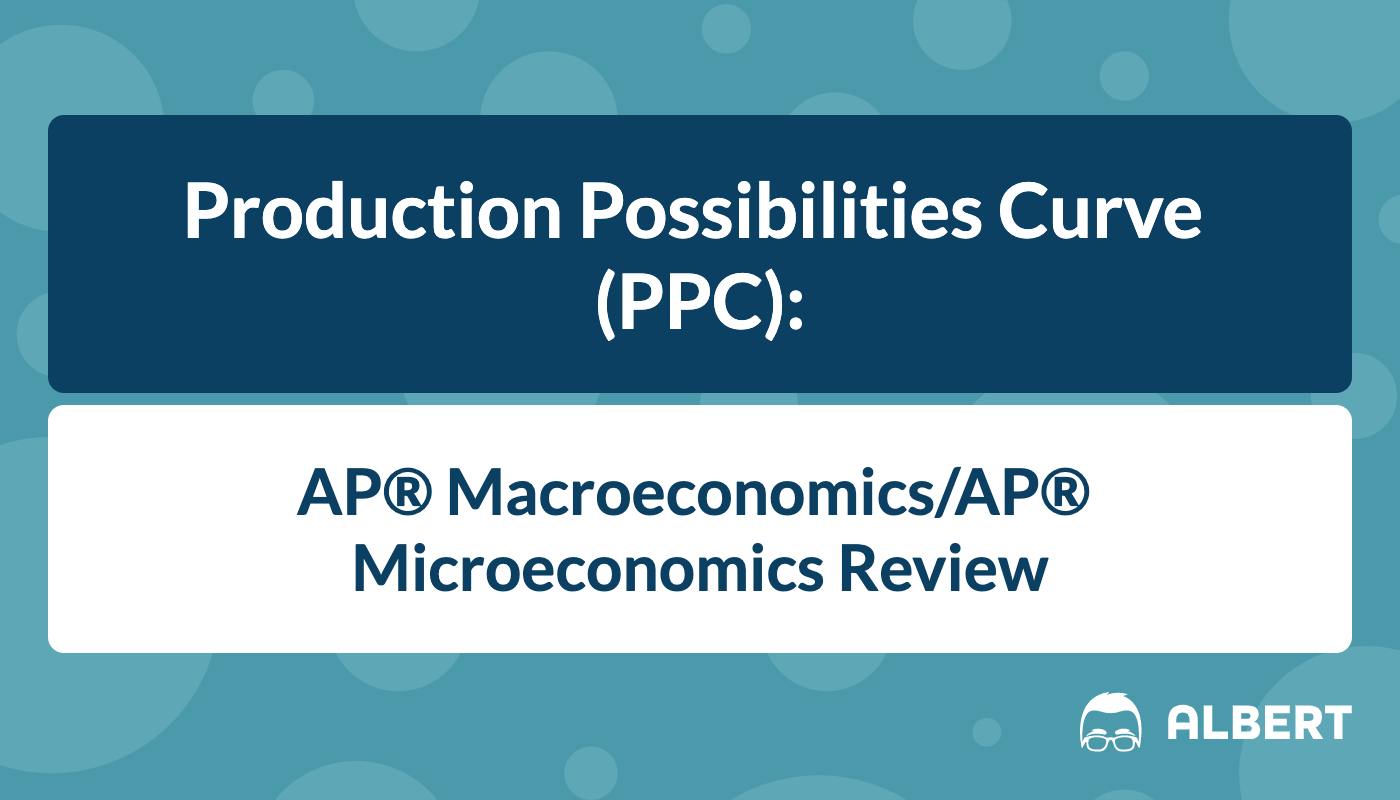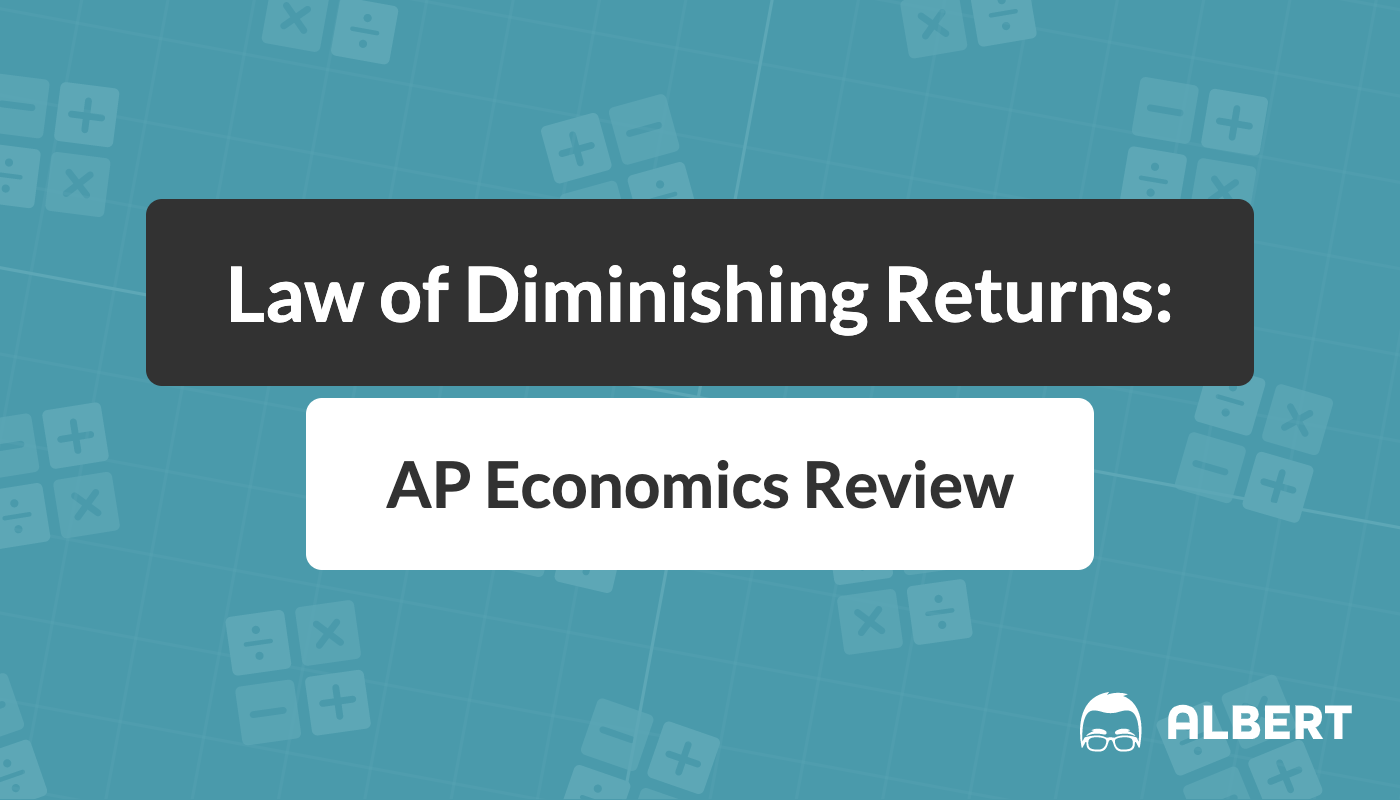Meet the ACT®: An Introduction
No one could deny that standardized tests are one of the scariest parts of the college application process, and the ACT® is no exception. It’s completely normal to feel overwhelmed at first with how many things there are to think about and how much there is to remember. In this article you’ll find all the information you need to tackle the test: We’ll cover what the ACT® is, whether you should take the ACT®, how the ACT® is scored, what the different sections are, and what you can do to start preparing now!








